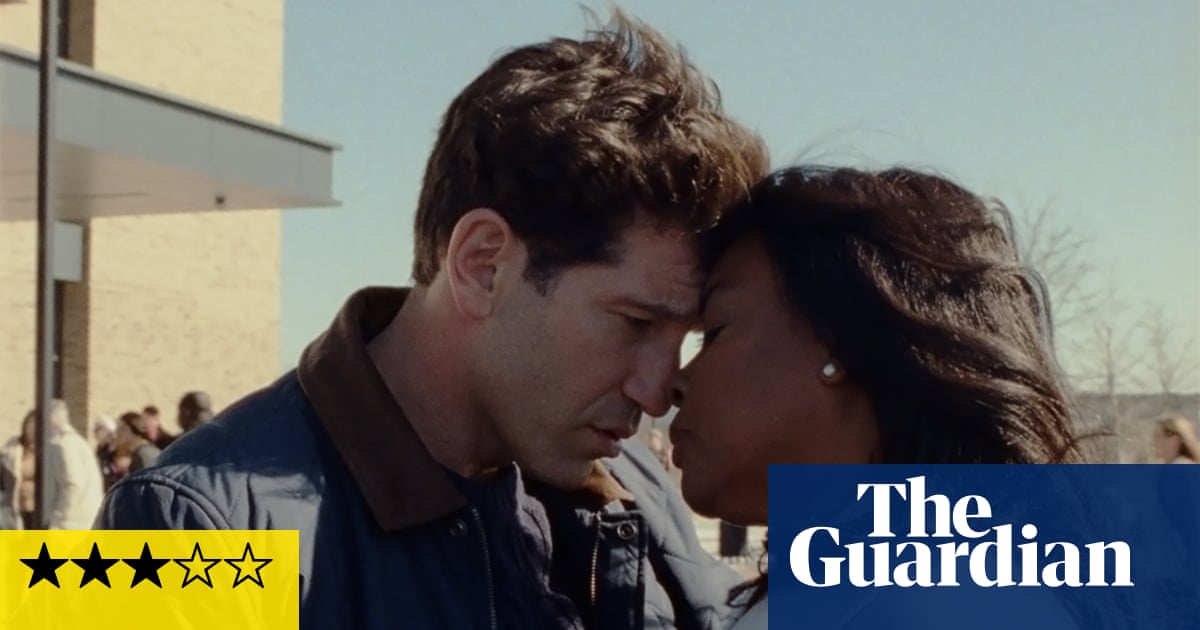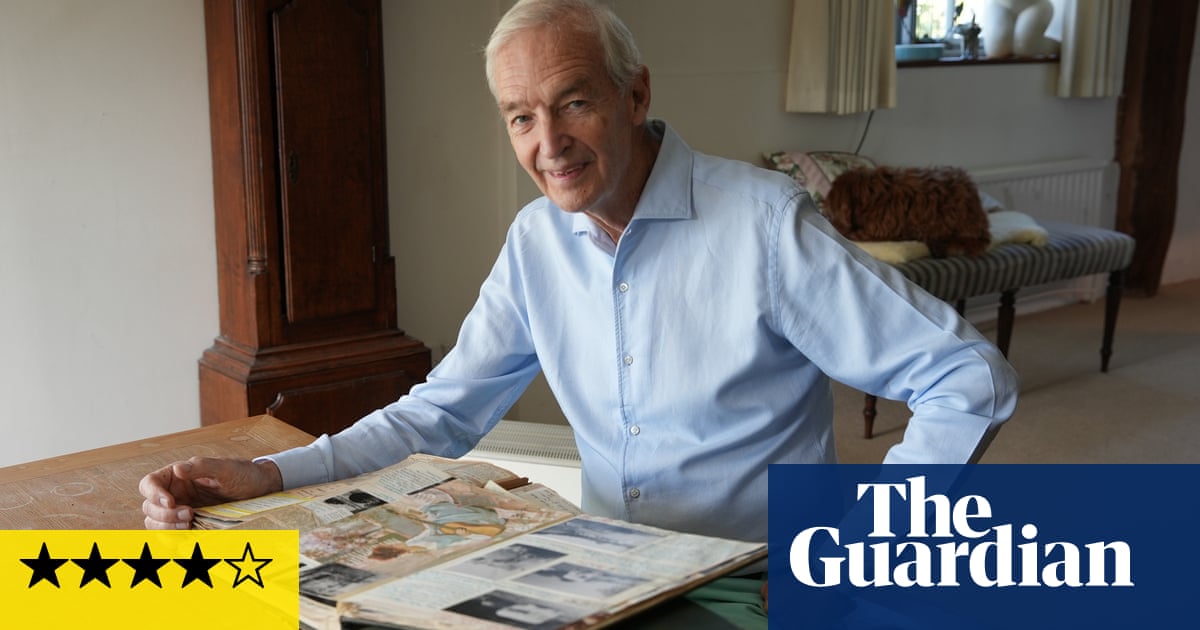
CHENNAI: “Sharaf,” directed by Egypt’s Samir Nasr, is set almost entirely inside a prison where the titular character essayed by Ahmed Al-Munirawi is doing time for murder.
The Red Sea International Film Festival title sees it lead character meet a motley group, some who have been incarcerated for their political beliefs which run contrary to the administration’s. The most fascinating among them is Dr. Ramzy (Fadi Abi Samra), who keeps meticulous notes on what is happening outside the prison’s walls.
Nasr was supposed to have set his film in Egypt, but due to the political climate he shifted filming to Tunisia and broadened his story to talk generally about conditions in some Arab jails. The movie serves as a microcosm of the complexities in Arab societies struggling under dictatorships, poverty and class conflicts. Nasr conveys this by showing a divide between rich “royal prisoners,” with their facilities and perks, and poor “government inmates,” who are denied even the most basic needs and are treated no better than slaves.
An adaptation of Egyptian novelist and short story writer Sonallah Ibrahim’s fictional work that emerged from years of research on life in some Egyptian jails, “Sharaf” treads on eggshells as it avoids mentioning any one country in particular. The director even ensured he had a pan-Arab cast in a bid to avoid backlash.
“It’s a very challenging movie because it’s about Egyptian society and the prison system. For years we thought we could finance it with Egyptian producers and Egyptian funding but it didn’t happen. People were afraid about this film and they thought it couldn’t be successful,” he told filmfestivals.com ahead of the movie’s screening in Jeddah.
“Sharaf” may be lazily edited with a monotonous flow, but it does expose the corruption inside incarceration centers and the way truth is manipulated to serve prison officials and privileged prisoners. Drugs are freely sold and bought, food fit for royalty is served to those who pamper the egos of wardens and act as their eyes and ears. It is a very bold comment on an important issue and kudos must go to the director and the film festival for its creation and screening.












